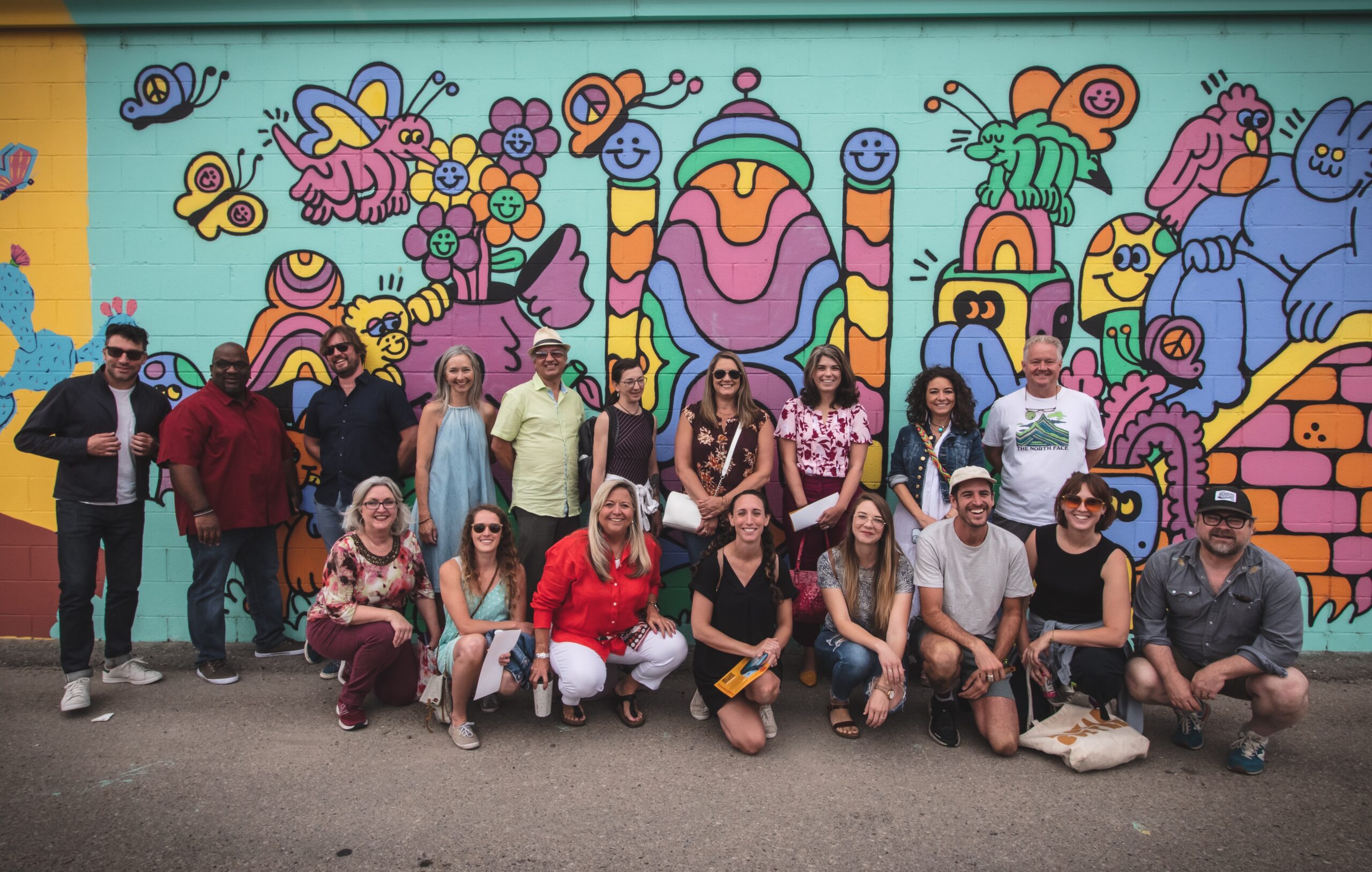MUNICIPAL ARTS ALLIANCE
What if the ways cities manage growth, create housing, maintain parks, and expand mobility were guided by cultural belonging?
And what if government agencies worked alongside culture-bearers, developers, and communities to draft municipal policy?
The Municipal Arts Alliance convenes five municipal governments across Northwest Arkansas in an ongoing dialogue grounded in cultural belonging.
Cross-sectoral teams of municipal leaders from Bentonville, Fayetteville, Rogers, Siloam Springs, and Springdale participate in regular policy workshops, discussions, and field tours. They engage with guest experts who share best practices at the intersection of culture and policy. They connect with peers as part of delegations to other cities and regions across the US. And they undertake ambitious local and regional initiatives that elevate arts and culture in their communities.
The ongoing Municipal Arts Alliance addresses a need stated by regional leaders: as public spaces, cultural venues, and civic life are transforming across Northwest Arkansas, cities are seeking to foster an inclusive creative ecosystem and to invest in character of place. Through the lens of arts and creativity, the program integrates cross-disciplinary connections to pressing issues including creative workforce development, placemaking, active public realm, and diversity and belonging.
The Municipal Arts Alliance is an initiative of CACHE, with support from the Walmart Foundation, Walton Family Foundation, and participating municipalities. It is designed and facilitated by F. Philip Barash, a recognized leader in place-based learning.
70
HOURS OF COHORT LEARNING
18
EXPERT FACILITATORS AND SPEAKERS
5
PARTICIPATING MUNICIPAL GOVERNMENTS
COMMUNITY OF PRACTICE
The Municipal Arts Alliance cohort spans five cities in the Northwest Arkansas region. Each city comes to the program with a unique set of assets, challenges, budgets, and organizational structures. These differences are reflected in the makeup of the cohort, which comprises varied municipal departments and quasi-governmental agencies. Intentionally diverse, the Municipal Arts Alliances constitutes an evolving, dynamic community of practice.
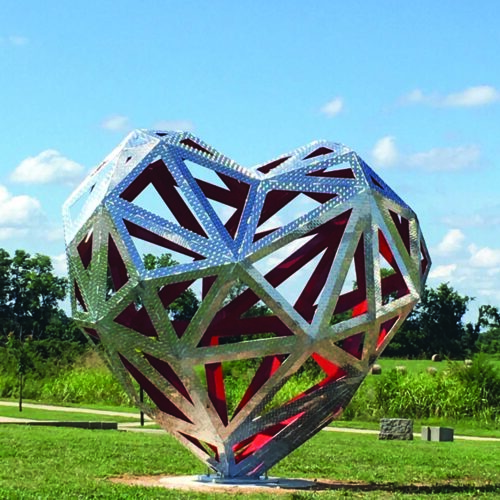
Those involved:
* Bentonville Comprehensive Planning Division
Project Understanding:
* Develop a narrative strategy to elevate the City of Bentonville's point of view on the arts, with accompanying communications materials that feature the city’s existing public art portfolio and make a strong case for continued investment in the arts.
Scope of work:
* Collect and synthesize national data regarding the efficacy of public art for civic outcomes
* In consultation with city agencies, assemble statistics, case studies, and individual stories about arts and culture in Bentonville
* Draft compelling and clear messaging about the value of the arts to the character of the city and quality of life
* Create a cohesive visual identity that augments existing city standards but has a unique look-and-feel
* Develop a suite of presentation materials such as a dynamic web page, presentation deck, and/or print collateral
Deliverables
* Message points regarding the value of arts and creativity
* Visual identity for arts-specific communications
* Presentation materials such as web page, presentation deck, and / or print collateral
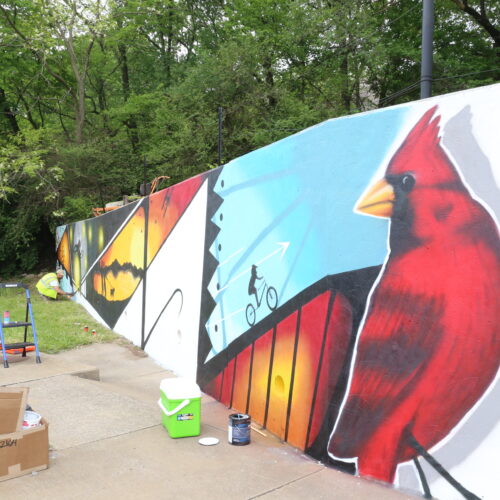
Those involved:
* Office of the Mayor
* Fayetteville Parks, Natural Resources & Cultural Affairs
Project Understanding:
To structure an inclusive, citywide community engagement process intended to create a strong network of constituents, allies, and partners who will contribute to the subsequent cultural planning effort.
Scope of work
* In consultation with the City of Fayetteville, create actionable, measurable objectives for engagement process
* Identify community organizations, civic leaders, and culture-bearers to serve as ambassadors for the engagement process
* Identify and engage allies across city agencies
* Convene a broad-based steering committee, inclusive of community members, artists, and city representatives
* In partnership with the University of Arkansas, map constituent segments in order to focus engagement on traditionally underrepresented audiences
* Develop a comprehensive engagement framework, specifying audiences, touchpoints, and desired inputs
* Develop a brand identity and communications campaign
* Support steering committee and City staff in conducting multi-channel outreach, including via social media and digital channels, ambassador outreach, community events, and artist-led interventions
* Weigh, process, and synthesize findings from community engagement in order to inform cultural planning consultant selection and process
Deliverables
* Engagement framework and action plan
* Formation of a steering committee
* Recommendations for cultural planning process
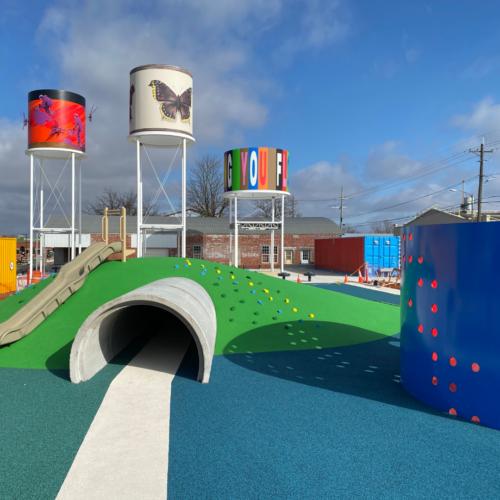
Those involved:
* Department of Community Development
* Arts and Culture DIvision
* Rogers Lowell Chamber
Project Understanding:
Prepare the City of Rogers to establish an independent nonprofit partner entity (aka “Friends of” group), with the responsibility to fundraise and otherwise support arts and cultural activity in Rogers.
Scope of work
* Explore precedents locally (e.g., Rogers Public Library), regionally, and nationally in order to benchmark for best practices
* Define role of the entity, with emphasis on augmenting public investment with private and philanthropic resource
* Identify grant opportunities beyond regional funders
* Establish a strategy for corporate sponsor engagement
* Define working relationships with the City of Rogers, Chamber of Commerce, and other adjacent entities
* Consider administrative staffing options
* Identify potential “Friends of” members
Deliverables
* Organizational model
* Fundraising feasibility study
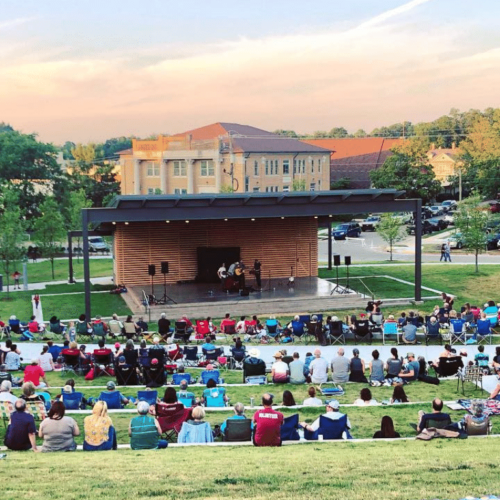
Those involved:
Siloam Springs Community Development Department
Project Understanding:
Lead an in-depth onboarding and visioning session for the leadership of Siloam Springs in preparation for organizing and conducting public programs in Memorial Park and other public spaces and venues
Project scope
* Assemble current best practices for talent booking, event management, and promotion, and public space governance in the region
* Assess the current state of public programming in the city, with a focus on music programming
* Prepare and schedule a workshop for leadership staff
* Conduct workshop
* Share out a summary of the discussion, accompanied by potential next steps
Deliverables
* Half-day workshop with key staff and leadership
* Summary and next steps
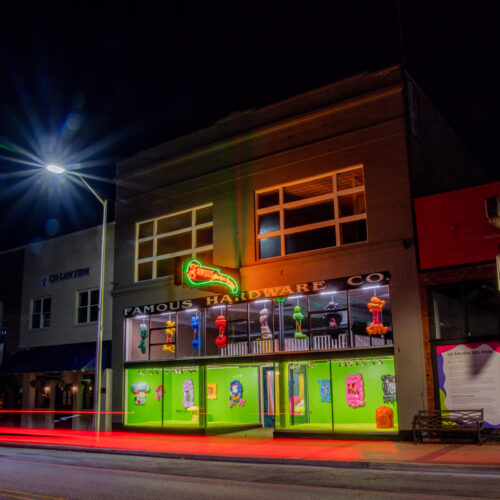
Those involved:
* Springdale Planning and Community Development
* Downtown Springdale Association
Project Understanding:
Guide City of Springdale staff through a planning and feasibility process intended to establish a dedicated arts and culture governance entity (e.g., Commission, Council, etc.) Provide input and collaboration with City staff and consultants on a governance establishment process, and ensure diversity, equity, and inclusion on the steering committee.
Scope of work
* Explore potential models for an arts council, including roles, responsibilities, and staffing
* Benchmark against best practices in the region and nationally
* Identify community members for inclusion on a steering committee
* Form ad-hoc steering committee and facilitate discussion
* Prepare and present recommendations
* Draft white paper for approval by City Council
Deliverables
* Formation of a steering committee
* White paper regarding proposed governance and policy
* Recommendations towards permanent governance and policy
SESSIONS
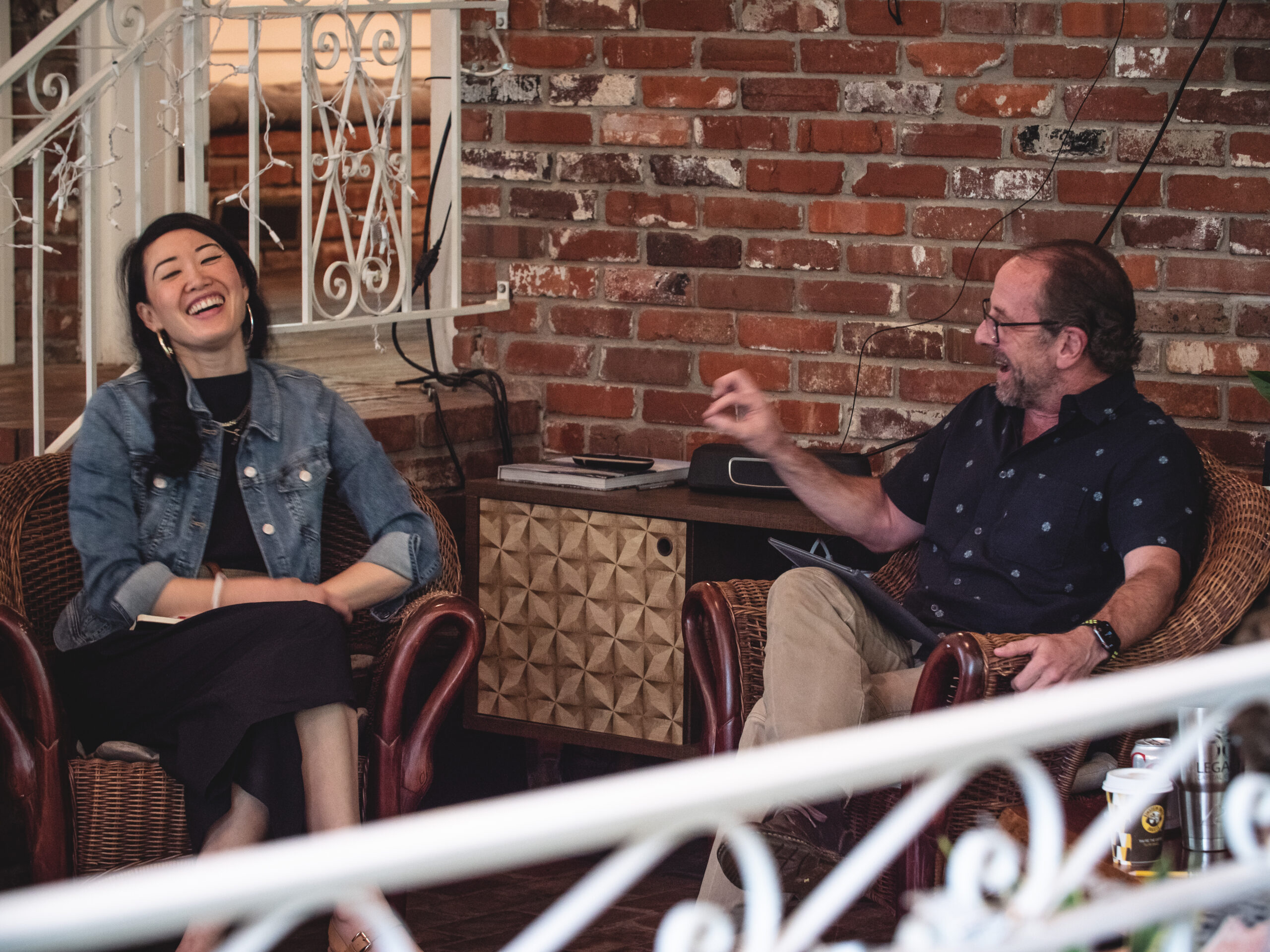
Spring Convening
May 2022 — Springdale, AR
The first convening of the Municipal Arts Alliance served as a two-day platform for rigorous discussions of cultural policy, strategic regional planning, and case-making for the arts.
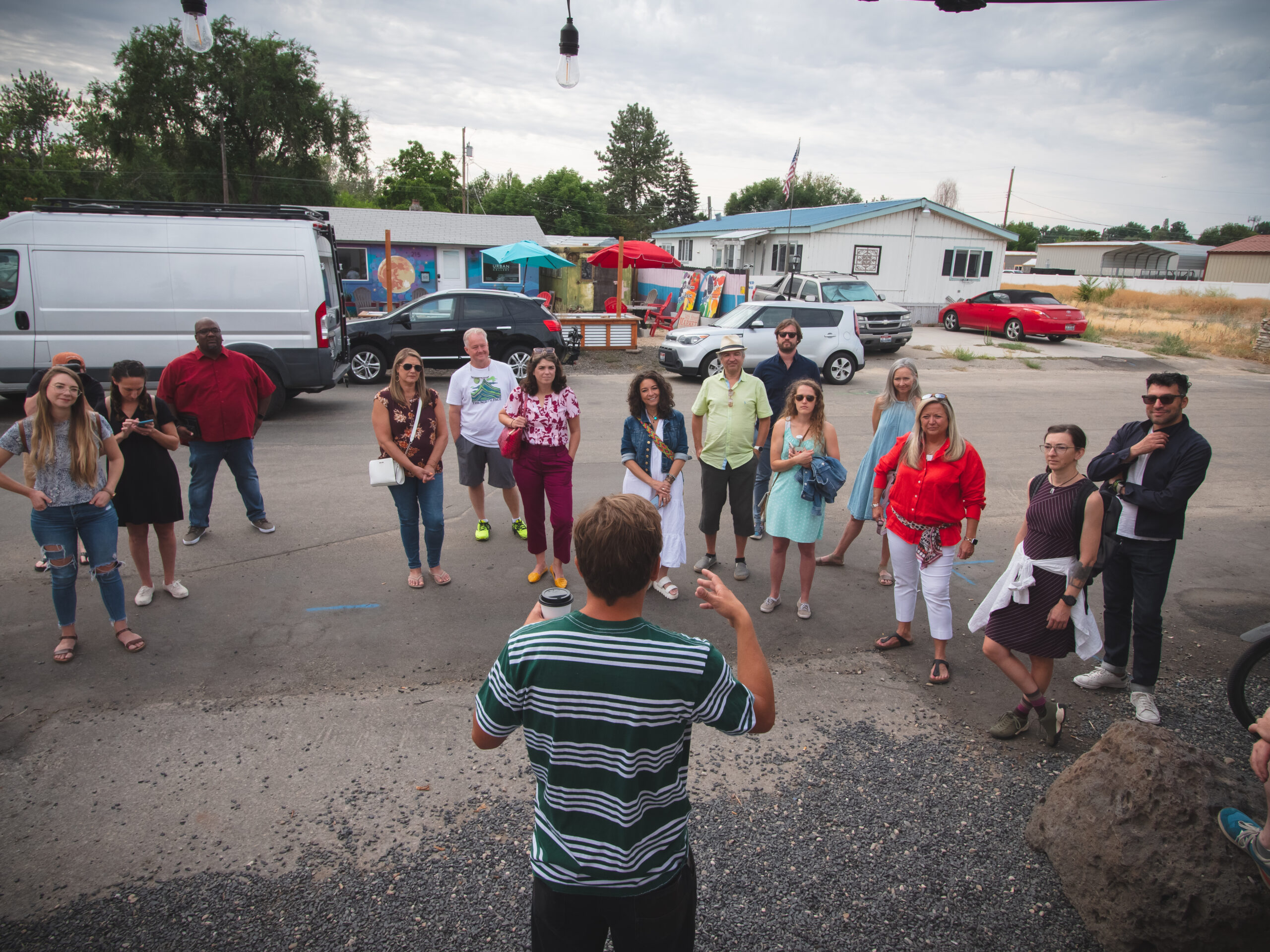
Summer Convening
August 2022 — Boise, ID
With similarities to Northwest Arkansas, Boise is among the fastest-growing metros in the U.S. This trip provided a rich program of formal and social learning alongside peers from Boise.
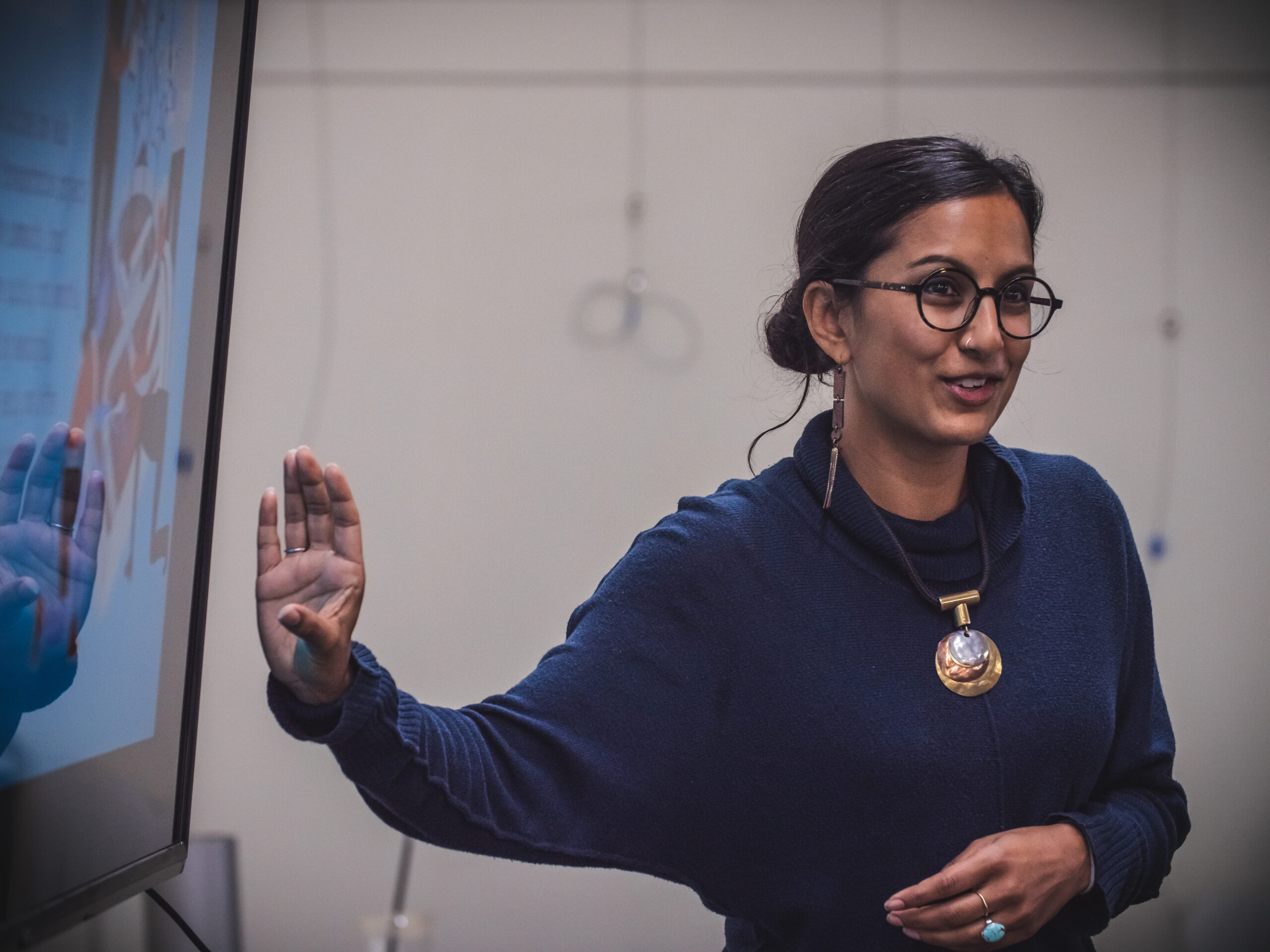
Autumn Convening
October 2022 — Rogers, AR
Over two days, MAA looked at examples of public art policies, strategic plans, and case studies across the U.S.
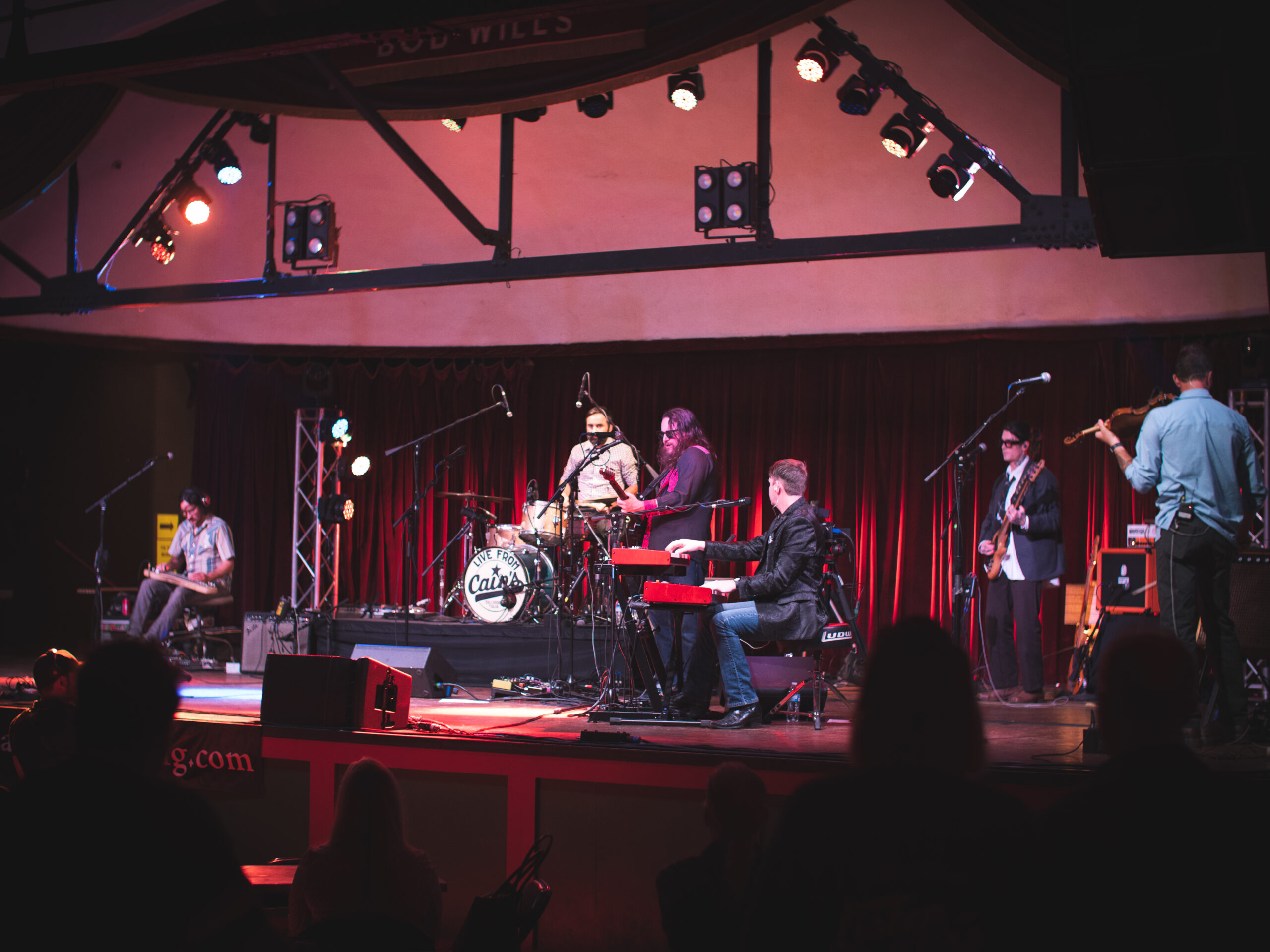
Autumn Convening
November 2022 — Tulsa, OK
Music Cities Convention is the world's biggest event to explore the relationship between city planning, tourism, economic development, and the music industry. Attendees discovered how to use music to develop more vibrant cities.
”Thought leaders brought together through MAA inspire our regional collaboration as we cultivate a creative workforce and creative economies.
Susan NortonChief of Staff, City of Fayetteville
MEET THE TEAM
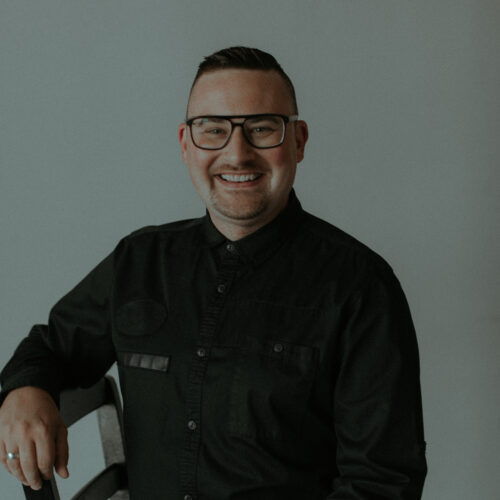
Throughout his professional career, he has pushed the boundaries of public space, placemaking/keeping and cultural programming as Director of Cultural Policy for CACHE; Director and Curator of Public Art for the Rose Kennedy Greenway Conservancy - Boston, MA; Director of Public Art for the Maryland State Arts Council; Senior Curator for both Millennium Park & the Chicago Office of Tourism and Culture, and in the many contractual positions related to cultural planning nationally (Chicago, Maryland, Northwest Arkansas & San Francisco).
Lucas has served on both the Americans for the Arts Public Art Network Council through Americans for the Arts and the board of trustees for the International Sculpture Center. Lucas is a founding member of the Advisory Council for Cold Hollow Sculpture Park in Vermont, Madison Square Park Public Art Consortium, NY, Dean’s Community Advisory Council at Lesley Art+Design, Cambridge, MA, and the Punto Urban Arts Museum Advisory Board in Salem, Mass. Lucas has been practicing in the arts and cultural sector for over 18 years.
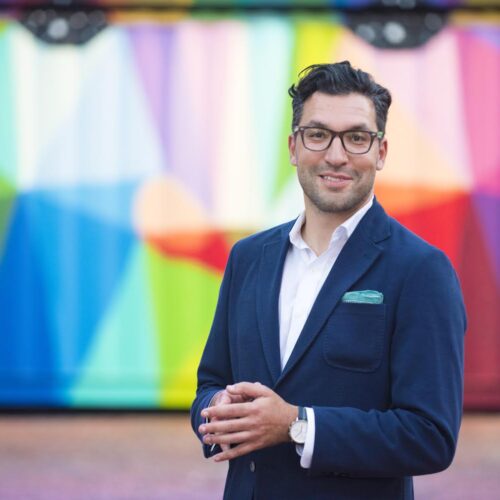
Philip Barash is a community design and placemaking expert. He brings two decades of advising public, institutional, and real-estate clients on strategies to develop and activate urban spaces. Philip publishes frequently and serves on faculty at Boston University, as division vice-chair at American Planning Association, and on the board of the International Downtown Association.
Philip has worked with the Chicago Architecture Center, the Barack Obama Presidential Center, the National Park Service, the Walton Family Foundation, and others in developing programmatic and physical strategies to connect physical assets to communities of users. Philip launched the first-ever citywide festival celebrating community spaces in Chicago, co-led an unprecedented visioning effort for the Charlestown Navy Yard, and established a philanthropic and policy initiative that supports inclusive public spaces across Greater Boston as part of a fellowship at the Boston Foundation. His writing about the intersection of culture and design frequently appears in trade and general interest publications, including Crain’s, Building Design and Construction, Landscape Architecture Magazine, and Commonwealth Magazine. In addition to his appointment at Boston University, he regularly lectures and serves as a guest critic at TU Delft and Harvard Graduate School of Design. Philip is an alumnus of the University of Detroit Mercy and the University of Chicago.


